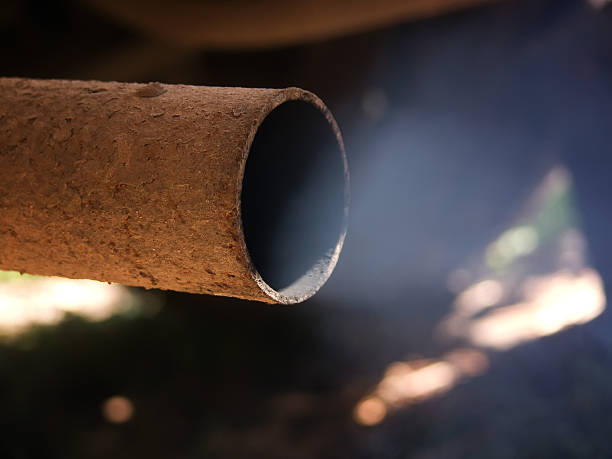Exhaust back pressure can have both positive and negative effects on an engine's performance, depending on the circumstances.
In general, some amount of back pressure is necessary to help an engine run efficiently. The exhaust system must maintain a certain level of back pressure to ensure that the engine's cylinders are adequately scavenged during the combustion process. Without enough back pressure, exhaust gases can escape too quickly, reducing the amount of fuel and air that is drawn into the engine's cylinders and reducing its efficiency.
However, too much back pressure can be detrimental to an engine's performance. High back pressure can lead to reduced power output, reduced fuel efficiency, and increased exhaust temperatures. It can also increase the risk of engine damage due to excessive heat and pressure.
Overall, the optimal amount of exhaust back pressure depends on the engine's design and intended use. Some performance-oriented engines may benefit from lower levels of back pressure to maximize power output, while other engines may require higher levels of back pressure for optimal efficiency and reliability. It's important to consult with a qualified mechanic or performance specialist to determine the best exhaust system setup for your specific engine and driving needs.

